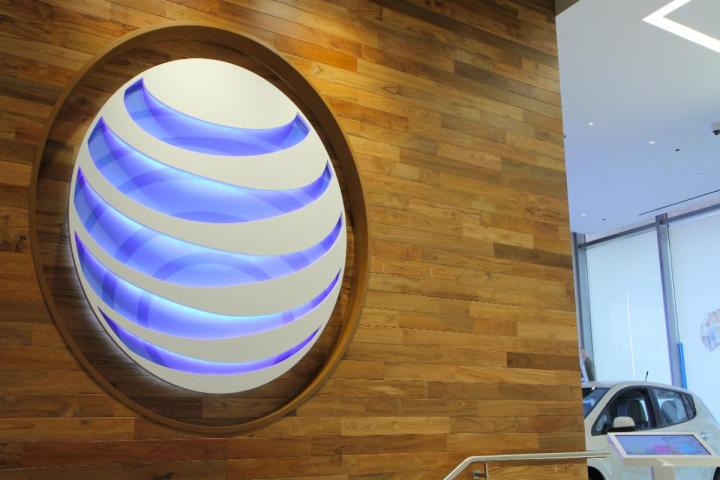
AT&T Internet subscribers should sit up and take notice: your ISP was just granted a patent that helps them identify and combat pirates.
The patent, which is called “Methods, devices, and computer program products for regulating network activity using a subscriber scoring system,” permits AT&T to classify pirates and copyright violators in a “risk category.” AT&T would also assign a grade to each offender, dubbed a Subscriber Reputation Score, or SRS, based on network activity.
So what happens when an AT&T account holder is classified as a high-risk user? AT&T could take action in several ways, ranging from limiting the subscriber’s access to the network, to blocking that user’s access to pirate sites.
Here’s how AT&T explains SRS.
“The SRS may be used to identify subscribers engaged, whether volitionally or otherwise, in high-risk network activities such as, for example, file sharing and/or Internet piracy. In this regard, mitigating services may be provided and the network and/or the subscriber may be protected from such high-risk network activity.”
This development comes after AT&T also reportedly acquired patents to help them track content that’s being distributed via BitTorrent and other P2P file sharing services, and tech that helps them report pirates to the appropriate authorities.
Though SRS has allegedly yet to be implemented or even tested by AT&T in any real-world applications, it’ll be interesting to see whether they do so in the future and what impact, if any, that has any effect on Internet user activity and piracy in general.
Image credit: www.allthingsd.com


